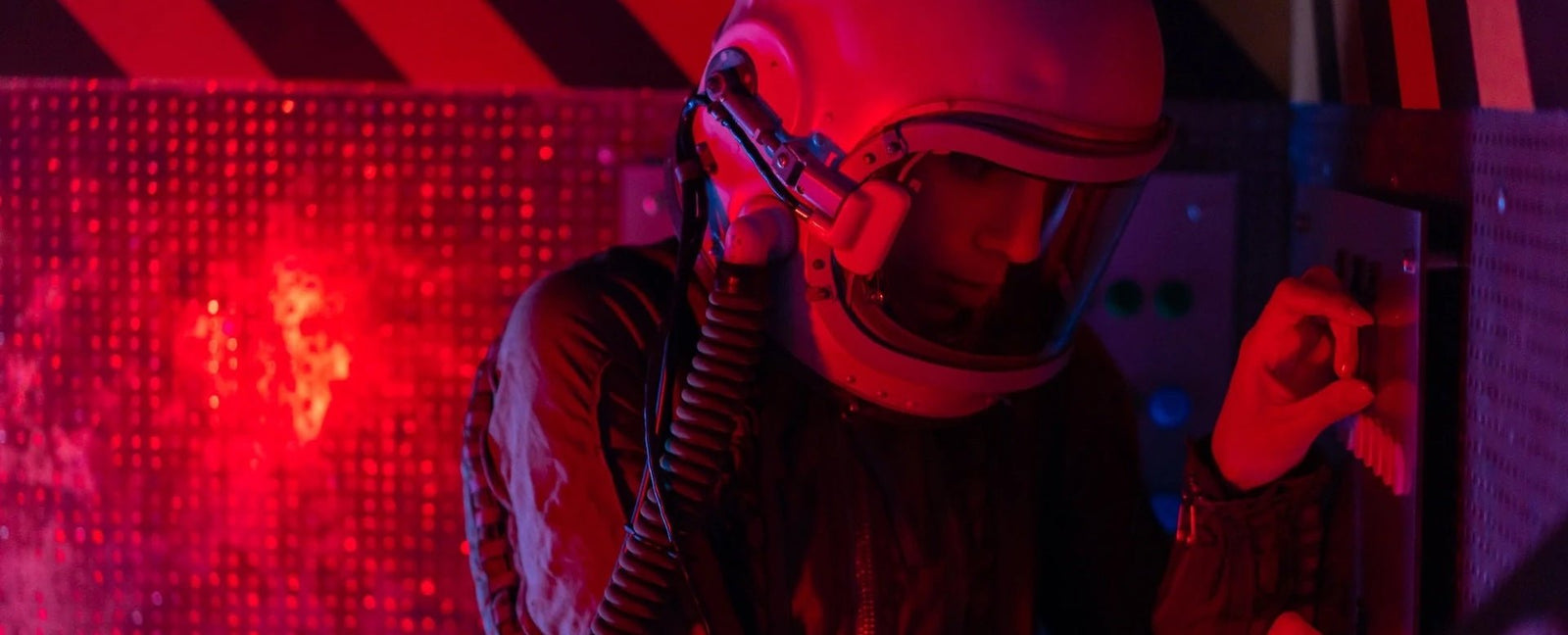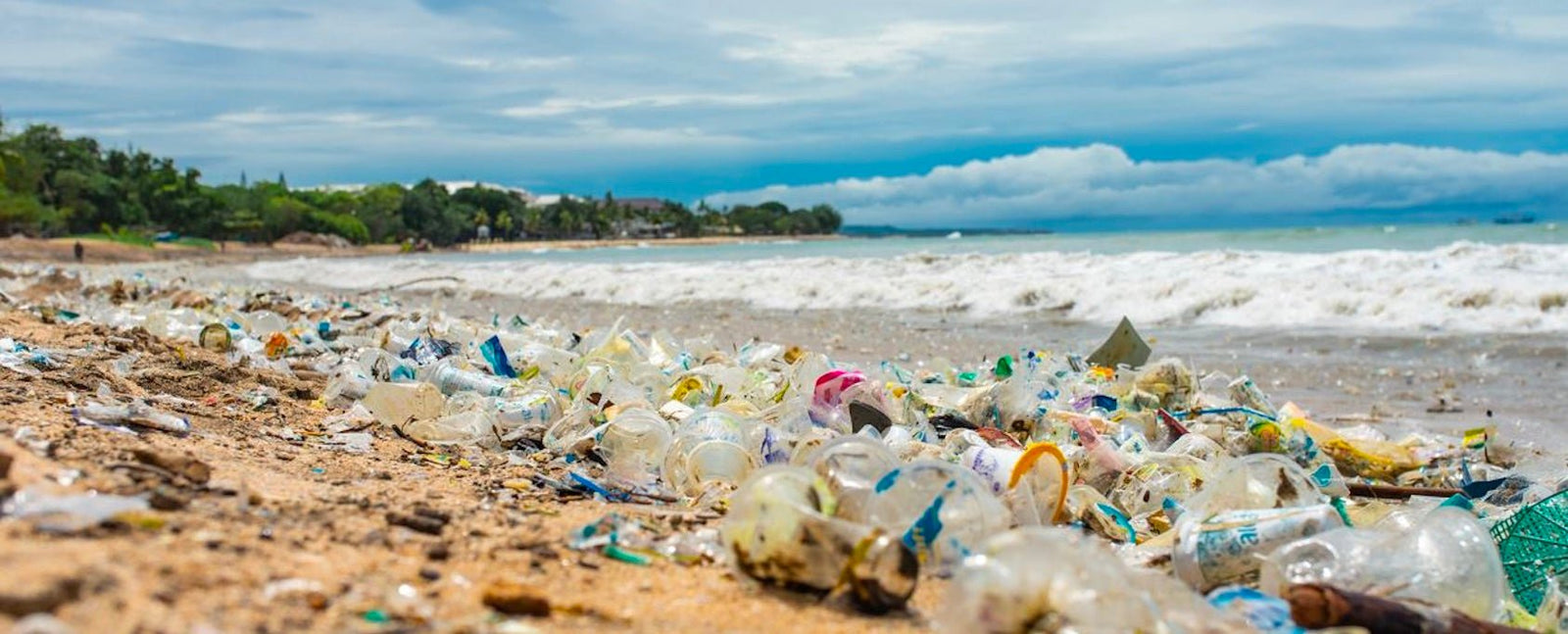
Will the Cosmic Colonizers of the Future Drink Water?
by Sonya Mathews June 08, 2021 2 min read
Did you know that there is no shower on the international space station? Astronauts wash exclusively with wet wipes, even if they spend six months there. This is because water is an incredibly heavy substance that requires a large amount of energy to propel into orbit.
But what about drinking water? An average human requires between 2.7-3.7 litres of drinking water per day, and this water must be transported. NASA estimates that "40,000 pounds per year of water from Earth would be required to resupply a minimum of four crewmembers for the life of the station."
Space is at a premium on the ISS, with every centimeter optimally packed with scientific equipment and non-renewable items. Due to the vast amount of fuel necessary for getting into orbit, and the expense of the rocket construction, all space travel is a matter of extremely precise logistics. A single gallon of water costs about $250,000 to ship to the ISS.
With so much focus put on minimising weight, a heavy, dense item like water must be approached differently. Since water can evaporate, that makes it a renewable resource. In space it is produced by condensation or sweat and can be then reduced, reused and recycled as potable water.
"The ECLSS Water Recycling System (WRS), developed at the MSFC, will reclaim waste waters from the Space Shuttle's fuel cells, from urine, from oral hygiene and hand washing, and by condensing humidity from the air." (NASA)
So the problem of drinking water has been solved, but only as far as humans can currently travel. As we explore further from Earth, these problems of water transportation will become even more challenging. So the question remains: how will the cosmic colonizers of the future actually drink water?
Since it is not possible to transport sufficient drinking water over the long distances colonisers would need to travel, the water will need to be sourced. This presents a unique problem. While there have been discoveries of water on Mars and there will likely be other planets with sources of water, there is no guarantee of quality. Wherever the water is located, it is unlikely that it would be potable for human beings. It will be full of potentially dangerous substances, such as unfamiliar minerals and toxic metals.
In order to make it safely potable, the water would have to be distilled and then remineralized. All possible contaminants must be removed and the desired minerals added to ensure it is healthy for human consumption.
Additionally, in order to optimise space usage it will be critical for there to be no need for wasteful, replaceable parts.
Thus, compact distillation technology will be an absolute necessity to ensure the successful conquering of the cosmos.
Citations:
https://science.nasa.gov/science-news/science-at-nasa/2000/ast02nov_1
Get more out of IF
Join our mailing list to learn more about our innovative technology, be the first in line to experience its benefits, and join a community of people who want better water and better health.



